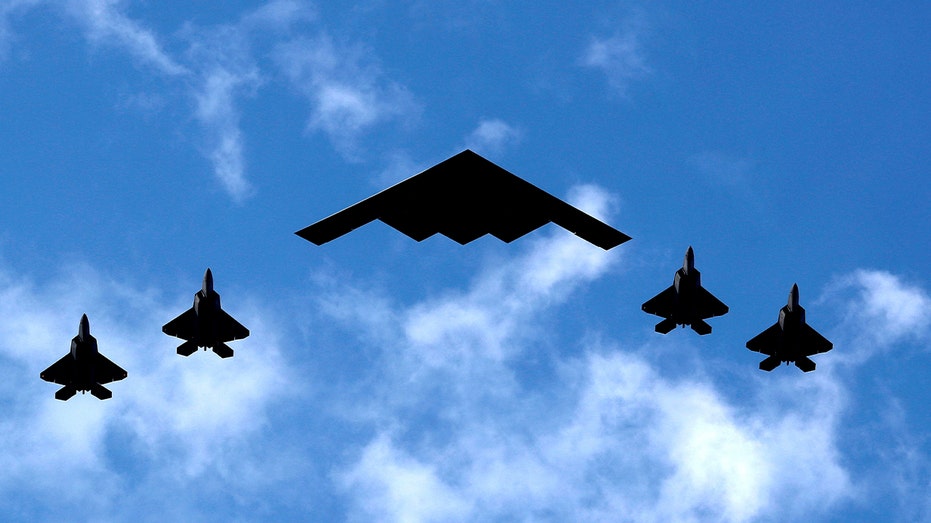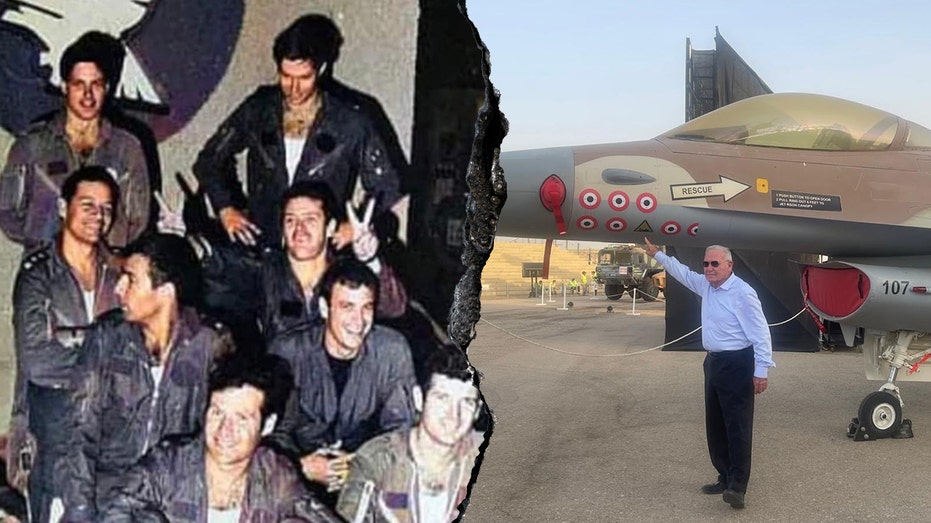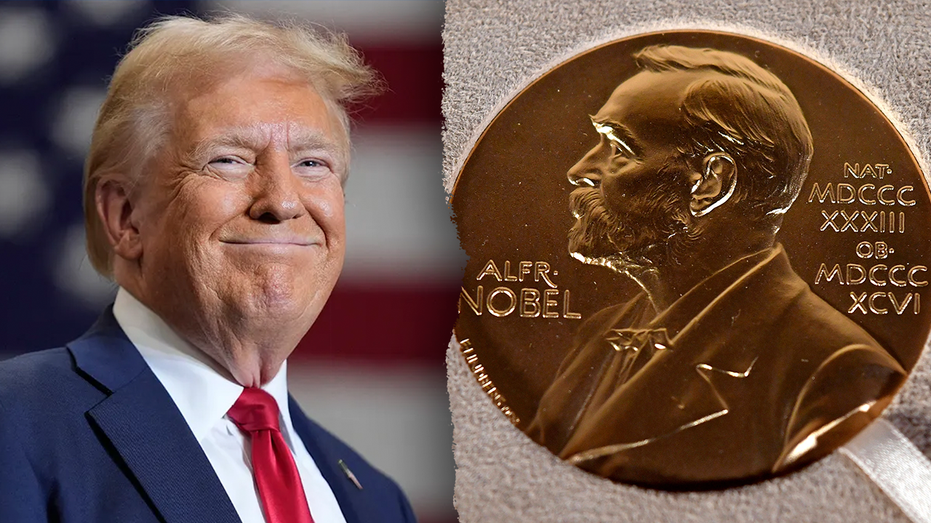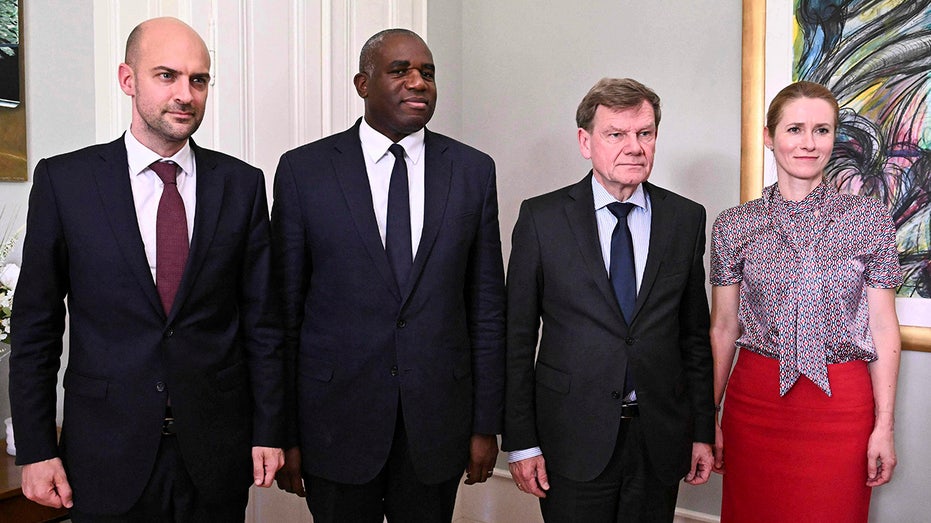1. B-2 stealth bombers appear to be on the move hours before Trump expected at White House

Six B-2 stealth bombers from Whiteman Air Force Base in Missouri are heading to a U.S. Air Force base in Guam, possibly carrying bunker-buster bombs. These bombs, weighing 15 tons each, are unique to the U.S. and could be used to target Iran’s heavily fortified nuclear site, Fordow. Experts explain that bunker-buster bombs work by penetrating earth, rock, and concrete before exploding underground to destroy or collapse structures. The situation has raised concerns about increased threats to U.S. troops in the Middle East amid tensions with Iran. President Trump is expected to receive intelligence briefings as he considers potential actions against Iran, following disagreements over Iran’s nuclear capabilities and recent sanctions imposed on entities involved in supplying Iran’s defense industry.
2. Here’s what a post-Ayatollah Iran could look like if war with Israel leads to regime’s fall

The article discusses the increasing debate surrounding the potential end of the Iranian regime due to sustained Israeli strikes on military and nuclear infrastructure. Reza Pahlavi, an exiled opposition figure, suggests that the regime’s command and control structures are collapsing rapidly. Experts warn that the aftermath of the regime’s potential collapse could either lead to a freer future for Iran or plunge it into further instability. Various scenarios are outlined, including a possible regime transition from within, a popular uprising sparked by political prisoners’ release, the return of exiled leaders, or the survival of the current regime in a more repressive form. The future role of Iran’s non-Persian communities is also highlighted as a crucial factor in potential regime change, with calls for trust-building and unity among different ethnic groups to facilitate a peaceful transition.
3. Israel weighs options to destroy Fordow if it has to go it alone without help from the US

The article discusses Israel’s potential options to destroy Iran’s nuclear enrichment facility at Fordow if President Trump decides not to order a strike. One option involves sending elite Israeli Air Force commandos from Unit 5101, known as Shaldag, to destroy the facility buried deep under a mountain south of Tehran. In a previous operation in Syria, members of this unit successfully entered an underground missile factory used by Iran. Israel has a history of carrying out daring missions to take out secret nuclear complexes, such as the 1981 bombing of Iraq’s nuclear reactor at Osirak. The article also mentions the use of cyber warfare, like the Stuxnet computer worm, to disrupt Iran’s nuclear enrichment in the past. Israel prefers the U.S. to use its B-2 stealth bombers and bunker-buster bombs to strike Fordow, as it is considered the crown jewel of Iran’s nuclear program and a key target for preventing further nuclear development.
4. Trump and Rubio secure Rwanda-Congo peace treaty amid Pakistan’s Nobel Prize nomination

President Donald Trump announced a treaty between Rwanda and Congo, facilitated by himself and Secretary of State Marco Rubio, to end a long-standing war known for violence and bloodshed. Trump expressed happiness over the treaty and mentioned representatives from both countries would sign documents in Washington. Despite his efforts, Trump doubted he would win a Nobel Peace Prize, citing various peace initiatives he believed went unrecognized. India refuted Trump’s claim of stopping the war between Pakistan and India, stating that talks for a ceasefire happened directly between the two countries. Pakistan formally recommended Trump for the 2026 Nobel Peace Prize, praising his diplomatic intervention during the India-Pakistan crisis and his efforts in conflict resolution.
5. European diplomats urge Iran to continue US nuclear talks in first face-to-face since strikes started

Diplomats from Britain, France, Germany, and the European Union met with Iran’s foreign minister in Geneva, urging Iran to continue diplomacy with the U.S. following escalated tensions with Israel. The diplomats emphasized the importance of ongoing discussions and negotiations to prevent Iran from obtaining a nuclear weapon. The meeting was described as positive, with both sides showing readiness to address important issues. The European diplomats expressed concerns about Iran’s nuclear program and urged cooperation with the IAEA. Meanwhile, U.S. President Trump indicated a willingness to talk to Iran directly, stating that Europe may not be able to facilitate negotiations effectively.
0개의 댓글